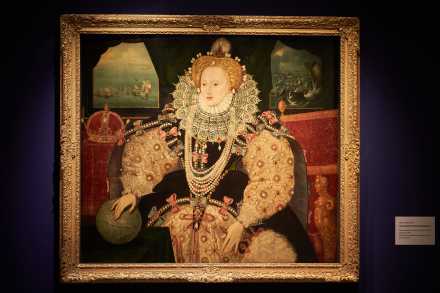Ditching Rule Britannia’s lyrics from the Proms is a step too far
If the Proms director, David Pickard, thought he’d get away with fiddling with Land of Hope and Glory at the Last Night of the Proms, boy, he knows better now. Yesterday, the Proms publicity people put out a statement deploring social media commentary about its plans and explaining: ‘The Proms will reinvent the Last Night in this extraordinary year so that it respects the traditions and spirit of the event whilst adapting to very different circumstances at this moment in time. With much reduced musical forces and no live audience, the Proms will curate a concert that includes familiar, patriotic elements such as Jerusalem and the National Anthem, and bring





















